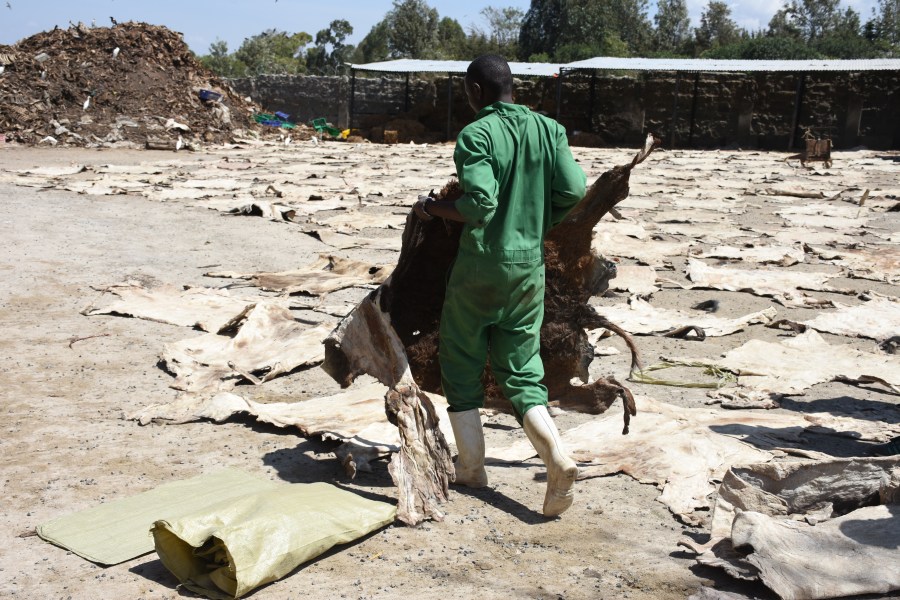The Donkey Sanctuary has combined with Emirates to help stop the trafficking of donkey skins in air cargo.
The international animal welfare charity and the world’s largest international airline have joined forces to create a set of operational guidelines to provide the wider aviation industry with greater knowledge and understanding of the fight against the donkey skin trade.
The Aviation Risk and The Threat Assessment operational guidelines explain the biosecurity risk of smuggling inadequately processed donkey skins alongside legitimate cargo such as leather or textiles.
They also highlight concealment methods and crime convergence, where networks involved in the donkey skin trade may also be linked to organised crime such as wildlife and drug trafficking.
It is hoped that by highlighting the risks associated with the donkey skin trade and offering practical advice, other airlines will be equipped with a better understanding of this trafficking and be better equipped to stop the perpetrators.
‘Welcome step’
“This is another welcome step in the battle against the illegal trade in donkey skins within the transportation sector,” said Marianne Steele, ceo of The Donkey Sanctuary.
“We are proud to work alongside Emirates, which is setting new standards with its support for our work and the tightening of its own trafficking polices. We hope that others in the aviation industry will follow suit and join us in cracking down on this cruel and unstainable trade.
“All measures that shine a light on the inhumane trade in donkey skins are to be applauded, especially given its links to illegal wildlife trafficking and organised crime as well as the threat to human health for everyone involved at every stage in the process.”
The Donkey Sanctuary estimates that six million donkeys are killed for their skins each year with the bulk of these executions taking place in Africa.
The skins are then transported globally by ship and by air before being used to make traditional medicine and remedies.
“We are proud to bring our expertise in both air logistics and the fight against illegal wildlife trafficking to the preparation of these guidelines,” said Robert Fordree, senior vice president of Cargo Operations Worldwide, Emirates SkyCargo.
“In close collaboration with The Donkey Sanctuary, we have highlighted some of the ways bad actors can exploit the logistics network to transport illicit goods, while also suggesting operational initiatives that can be implemented across the aviation ecosystem to stop trafficking in its tracks.
“Our hope is that by working with likeminded partners, we can protect the world’s biodiversity for generations to come.”
Main image credit: The Donkey Sanctuary










